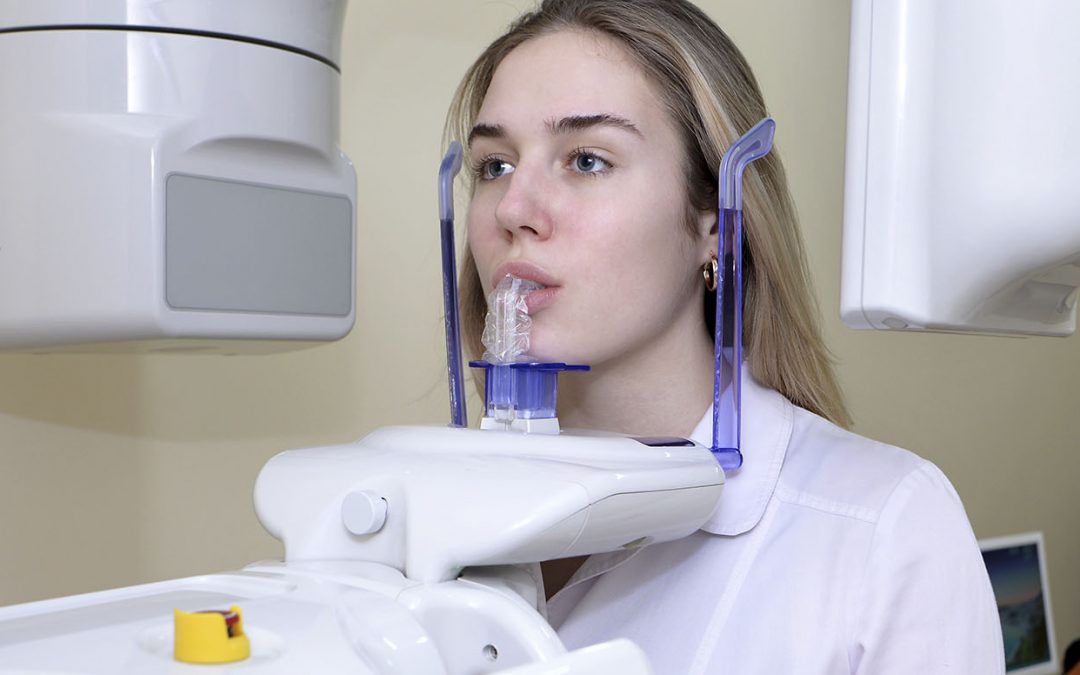ASTM F746 Pitting and Crevice Corrosion Testing for Dental Alloys
The ASTM F746 standard is a critical tool in the evaluation of dental alloys, particularly in assessing their resistance to pitting corrosion and crevice corrosion. This form of testing is essential for ensuring that materials used in medical devices meet stringent safety and performance standards, especially those intended for long-term use within the human body.
Pitting and crevice corrosion are forms of localized corrosion that can lead to material degradation over time, potentially compromising the integrity and functionality of dental appliances. These corrosions occur when anodic and cathodic sites form in tight spaces or at alloy interfaces, leading to localized dissolution of metal. This phenomenon is particularly concerning for dental alloys because even small areas of material loss can have significant implications for patient health.
The ASTM F746 test involves immersing the alloy specimens in a chloride-containing solution under controlled conditions. The test measures the resistance of the alloy to pitting and crevice corrosion by monitoring the formation and growth of these localized corrosions over time. This testing is not only crucial for ensuring material integrity but also plays a vital role in validating the design and manufacturing processes of dental devices.
The ASTM F746 standard provides detailed instructions on specimen preparation, test solution composition, temperature control, and observation times. Compliance with this standard ensures that the testing process is consistent and reliable, thereby enhancing confidence in the results. The test apparatus typically includes a corrosion testing chamber capable of maintaining precise temperature control and exposure to chloride solutions.
The acceptance criteria for ASTM F746 are based on visual inspection and measurement techniques. Specimens are examined after the prescribed time period to identify any pitting or crevice formations. The presence, depth, and spread of these defects are recorded, allowing for a comprehensive evaluation of the alloy's resistance to localized corrosion. This testing is particularly important in the dental sector where long-term patient safety must be prioritized.
Understanding the context of this testing within the broader scope of medical device manufacturing emphasizes its significance. Dental devices often interact with bodily fluids and tissues, making them susceptible to corrosive environments. Ensuring that these materials can withstand such conditions is paramount for maintaining both clinical efficacy and patient safety.
In summary, ASTM F746 provides a robust framework for evaluating the corrosion resistance of dental alloys, ensuring that they meet the highest standards of quality and reliability. This testing is essential in safeguarding the integrity of dental devices and enhancing overall patient outcomes.
Why It Matters
The importance of ASTM F746 testing cannot be overstated, particularly within the dental sector where materials must endure constant exposure to saliva and other bodily fluids. Failure to meet these stringent standards can lead to material degradation, which could potentially result in device failure or adverse health effects for patients.
- Patient Safety: Ensuring that dental devices are free from localized corrosion helps protect patients from potential infections or complications arising from compromised materials.
- Regulatory Compliance: Meeting ASTM F746 standards is a requirement for compliance with international regulations, including those set by the FDA and other global health authorities. Non-compliance can result in product recalls or market bans.
- Product Quality: Consistent adherence to this testing protocol guarantees that dental devices are of high quality, ensuring long-term efficacy and reliability.
- Research and Development: ASTM F746 provides a reliable method for researchers and engineers to develop new materials with improved corrosion resistance properties.
The implications of failing such rigorous testing can have far-reaching consequences. In the worst-case scenario, it could lead to product recalls, legal issues, and loss of consumer trust. Therefore, prioritizing ASTM F746 testing is not just a compliance issue but also a critical aspect of maintaining high standards in dental device manufacturing.
Applied Standards
The ASTM F746 standard is one of several that address corrosion resistance in materials used for medical devices. It is particularly relevant to the testing of dental alloys, which are subject to specific environmental conditions within the human body. Other standards such as ISO 10993-18 and EN ISO 14605 also provide guidelines for evaluating biological performance and mechanical properties, respectively.
ASTM F746 specifically focuses on pitting and crevice corrosion testing, making it a unique and essential tool in the dental device industry. The standard’s detailed protocols ensure that the test results are reproducible and reliable across different laboratories and jurisdictions. This consistency is crucial for maintaining high standards of quality and safety within the medical device sector.
The application of ASTM F746 aligns with broader international regulatory frameworks aimed at ensuring patient safety and product efficacy. By adhering to this standard, manufacturers can demonstrate compliance with global health regulations, thereby facilitating market access in various regions.
Use Cases and Application Examples
- Dental Implants: ASTM F746 testing is crucial for ensuring that dental implants are resistant to pitting and crevice corrosion, which can affect their longevity and patient comfort.
- Veneers and Crowns: This testing ensures that the materials used in veneers and crowns have sufficient resistance to localized corrosion, enhancing both aesthetic and functional performance.
- Dental Instruments: Instruments such as drills and forceps are subjected to ASTM F746 testing to ensure they can withstand corrosive environments without compromising their integrity or functionality.
- Implantable Orthodontic Devices: These devices require robust materials that can resist corrosion, ensuring long-term effectiveness and patient safety.
The results of ASTM F746 testing are critical for manufacturers to make informed decisions about material selection and design improvements. By identifying potential weaknesses in their products early on, they can implement necessary changes to enhance product performance and reliability.





